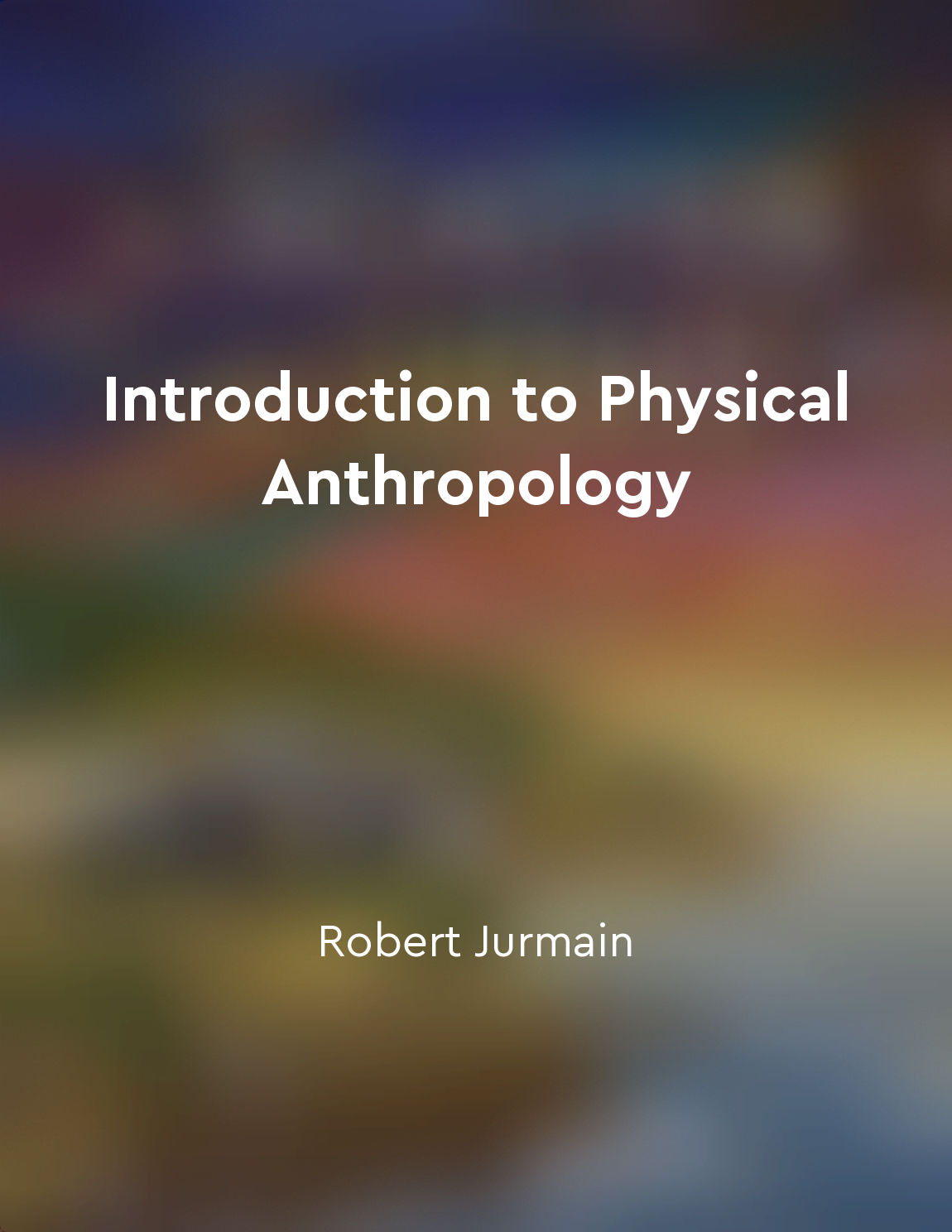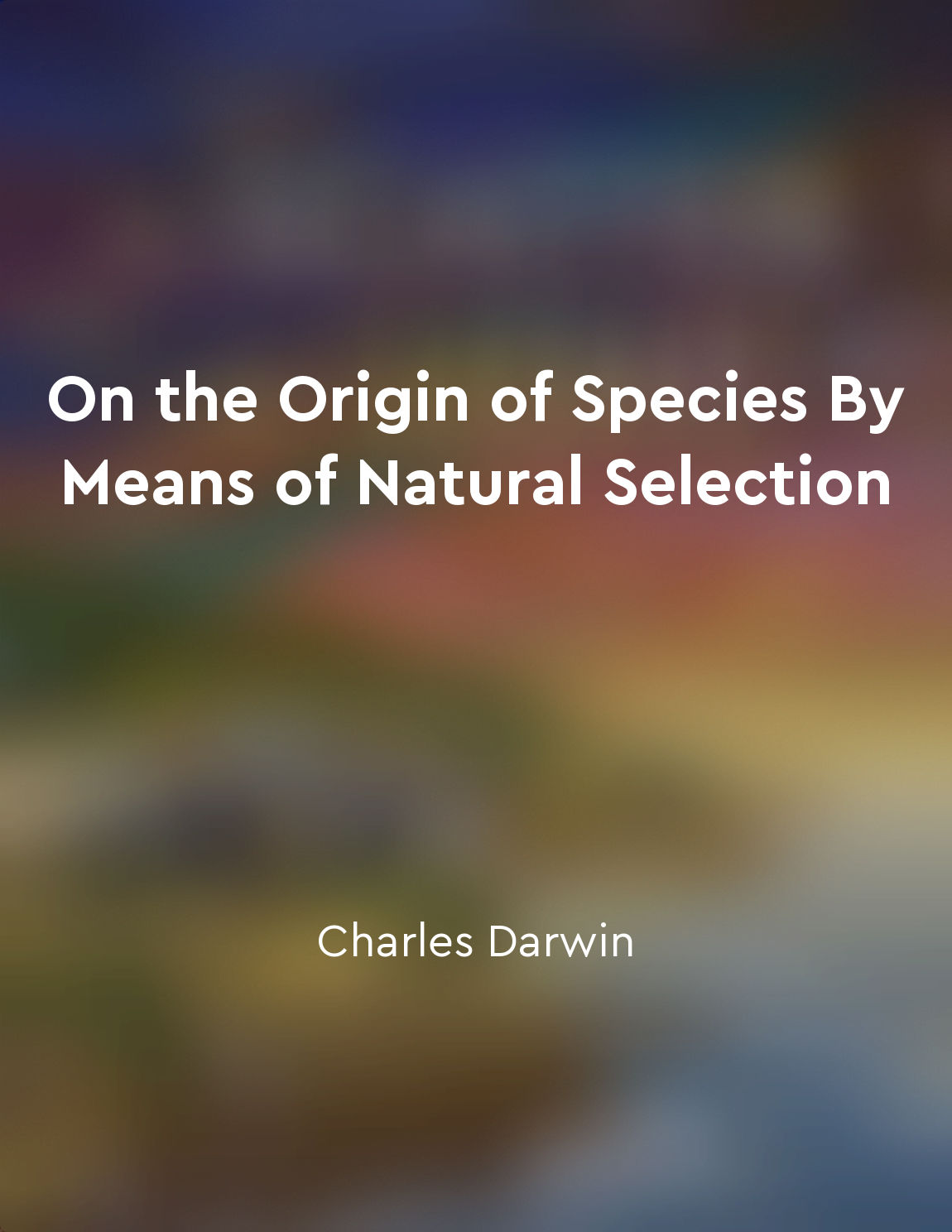Fossils provide important clues about human origins from "summary" of Introduction to Physical Anthropology by Robert Jurmain,Lynn Kilgore,Wenda Trevathan,Russell L. Ciochon,Eric J. Bartelink
The study of fossils is crucial to our understanding of human origins. Fossils are the remains of ancient organisms that have been preserved in rocks or sediments over time. These fossils provide us with important clues about the evolutionary history of humans and our closest relatives. By examining fossils, physical anthropologists can reconstruct the appearance, behavior, and evolutionary relationships of ancient human species. Fossils can reveal information about the size and shape of our ancestors' skulls, teeth, and bones, allowing us to infer how they may have lived and adapted to their environments. Furthermore, fossils can help us trace the evolutionary relationships between different species of hominins – the group that includes modern humans and our extinct ancestors. By comparing the anatomical features of different fossil hominin species, scientists can create family trees that show how these species are related to each other and to us. In addition to providing insights into human evolution, fossils can also tell us about the environments in which our ancestors lived. By studying the fossilized plants and animals found in the same geological layers as human fossils, researchers can reconstruct ancient ecosystems and piece together the environmental challenges that early humans may have faced.- Fossils are invaluable sources of information that allow us to piece together the puzzle of human origins. Through careful analysis and interpretation of fossil evidence, physical anthropologists can gain a deeper understanding of how humans evolved and adapted over millions of years.
Similar Posts
Cells are fundamental units of life
Cells are fundamental units of life. They are the building blocks of all living organisms, from the simplest bacteria to the mo...
Constraints and biases impact evolutionary patterns
Evolutionary patterns are not solely determined by random variations and natural selection. Constraints and biases also play a ...

Human anatomy reflects our evolutionary history
The human body is a remarkable product of evolution, with each part serving a specific purpose that has been shaped by millions...

Complexity arising from simple beginnings
Darwin's theory of natural selection posits that all complex life forms we see today have arisen from much simpler beginnings. ...
Evolutionary theory is compatible with religious beliefs
Evolutionary theory is compatible with religious beliefs to the extent that it doesn't necessarily deny the existence of a divi...

